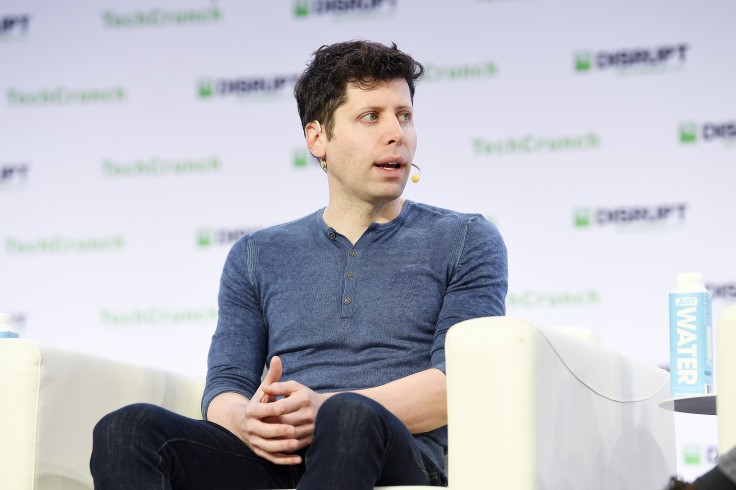OpenAI to Allow Adult Content on ChatGPT from December 2025 — Here's What It Means
OpenAI's adult-only ChatGPT sparks debate on bias, consent, and who defines intimacy in AI
By
OpenAI's decision to let verified adult users generate erotic and mature content from December 2025 has reignited debate about technology, intimacy, and representation.
CEO Sam Altman describes it as a move to 'treat adult users like adults', but the change also prompts a deeper question: whose fantasies will shape artificial intelligence's idea of desire, and who will be left out?
For years, ChatGPT's usage policy banned sexual or erotic material to protect vulnerable users and maintain a family-friendly brand.
Altman now says that, as safety features expand, adult users will gain new creative freedom.
'We made ChatGPT pretty restrictive to make sure we were being careful with mental health issues,' he said, explaining that earlier limits made the chatbot 'less useful and enjoyable to many users who had no mental health problems'.
He added: 'Now that we have been able to mitigate the serious mental health issues and have new tools, we are going to be able to safely relax the restrictions in most cases.'
Those comments signal growing confidence that OpenAI can manage adult expression responsibly.
Yet the implications go far beyond moderation or profit. As ChatGPT learns to produce erotica, it also begins to learn what human desire looks and sounds like—and whose values define it.
Desire, Data and Design Bias
AI systems do not invent sexuality from nothing; they reflect the content and cultural assumptions on which they are trained. Much of that data comes from predominantly male, Western, and heteronormative perspectives.
Without intervention, these patterns risk shaping ChatGPT's erotic imagination in the same narrow ways that traditional media has long done.
Critics warn that this could reproduce stereotypes about gender, race, and power rather than expand inclusion.
Female, queer, and marginalised users might once again see their experiences excluded from mainstream narratives of intimacy.
To avoid that, developers will need to examine who curates the data, writes the prompts, and defines the boundaries of acceptable desire.

Freedom, Regulation and Representation
OpenAI's policy shift also reflects a commercial gamble. Allowing adult content could increase engagement and create a new premium market, but it exposes the company to reputational and regulatory risk.
Any instance of non-consensual or illegal material could lead to lawsuits, bans, or major brand damage.
In the United Kingdom, the Online Safety Act requires companies to enforce strict age verification and to prove that minors cannot access harmful material. P
latforms must disclose how these protections work and show that they are effective.
For OpenAI, which does not track identity in the same way as social networks, this will be a significant test of compliance and transparency.
The company has created an expert council on wellbeing and AI to advise on how its products affect users' emotions and mental health.
Whether that oversight extends to sexual content remains to be seen, but Altman's team will need clear frameworks for consent, privacy, and context.
Who Gets to Define Intimacy?
OpenAI's 18+ rollout is not simply about adult access; it is about the politics of representation. If AI learns to simulate intimacy, the question becomes whose version of intimacy it reproduces.
Success will depend on whether OpenAI can design systems that reflect the diversity of human experience rather than amplifying existing inequalities. Failure could reduce AI erotica to another product built around mainstream appetites.
As AI enters this most human of frontiers, the issue is no longer whether adults can handle adult content. It is whether technology, trained on human bias, can represent desire with fairness, consent, and respect for every kind of user.
Originally published on IBTimes UK
This article is copyrighted by IBTimes.co.uk, the business news leader








